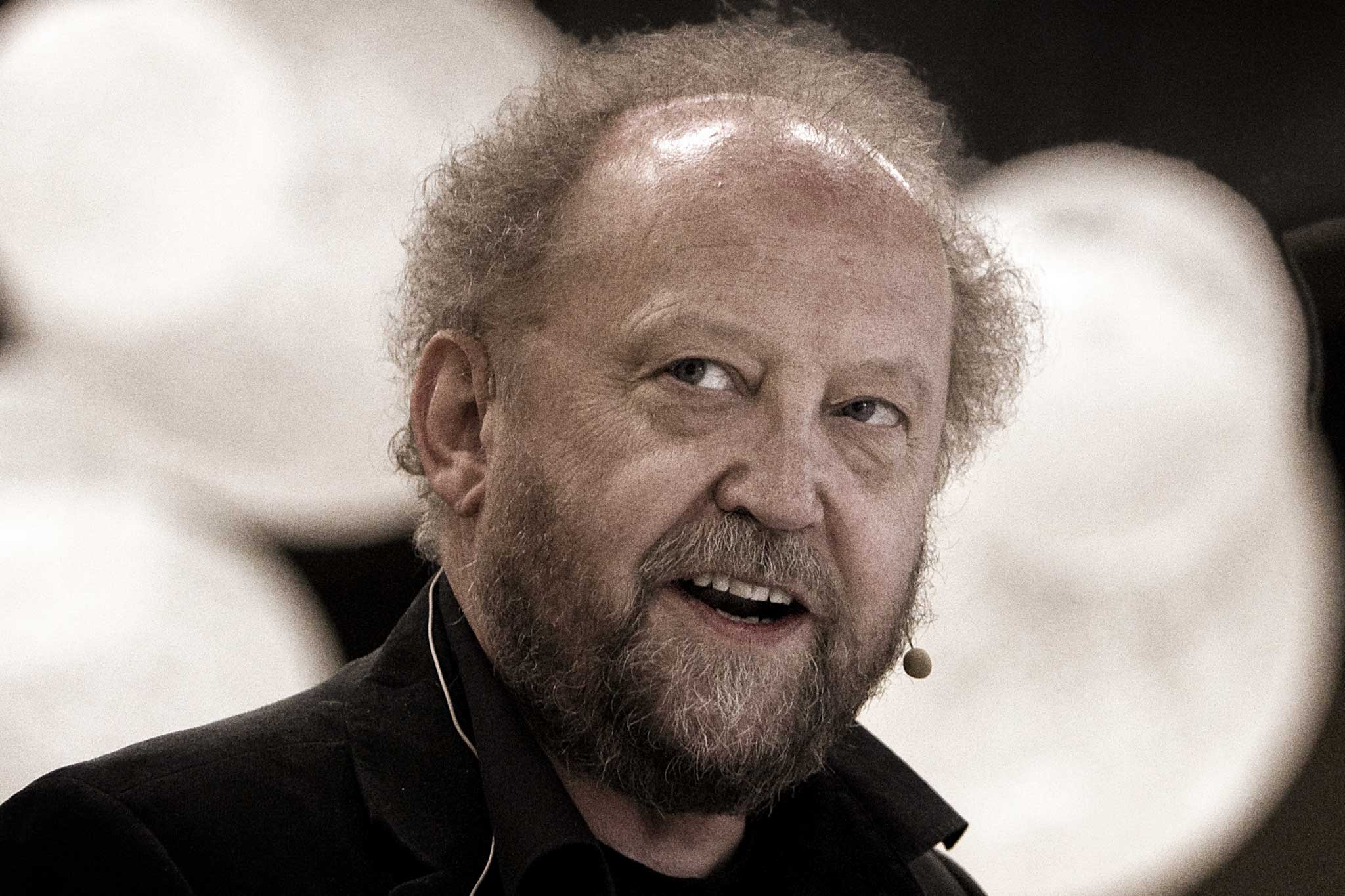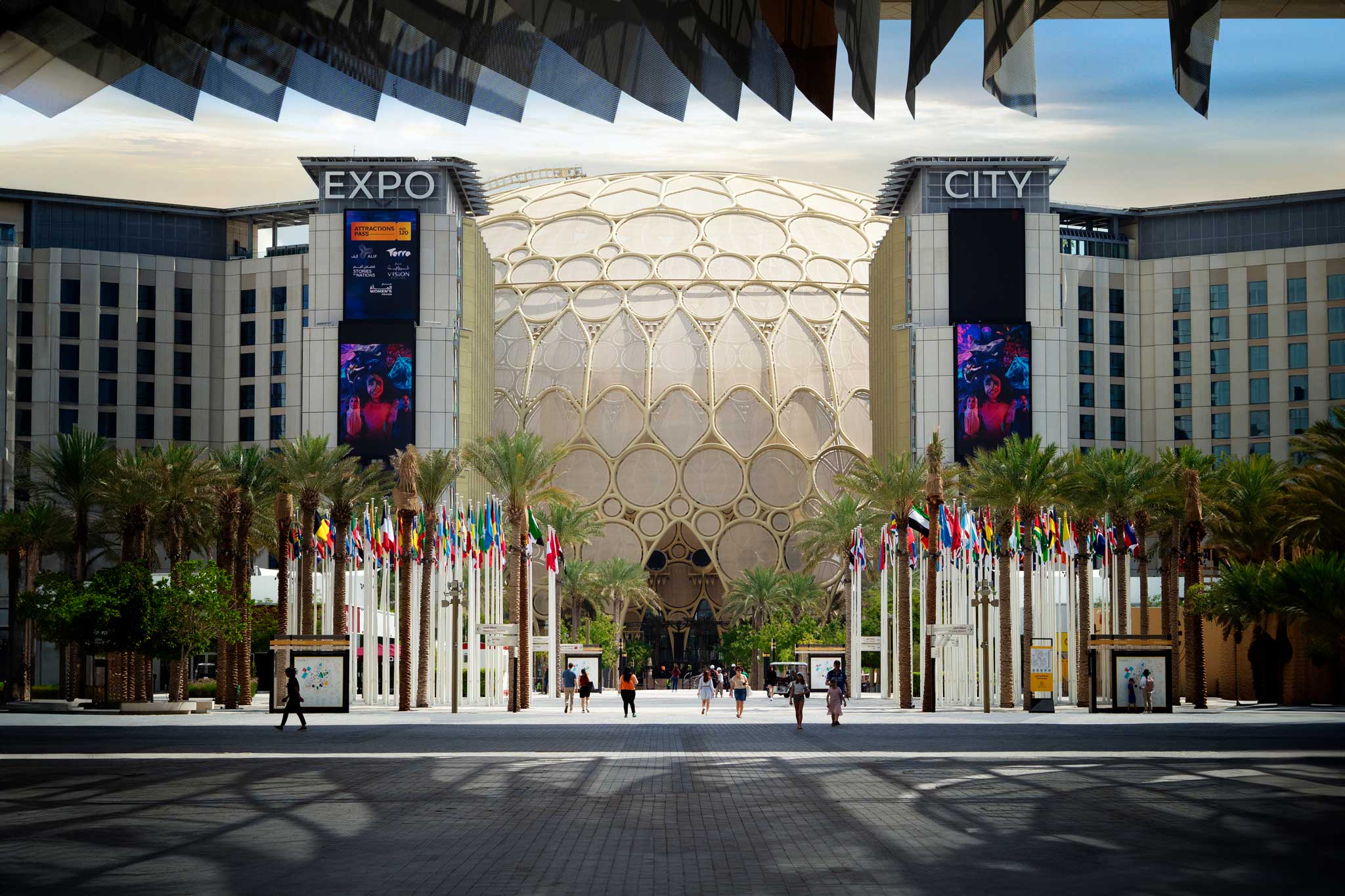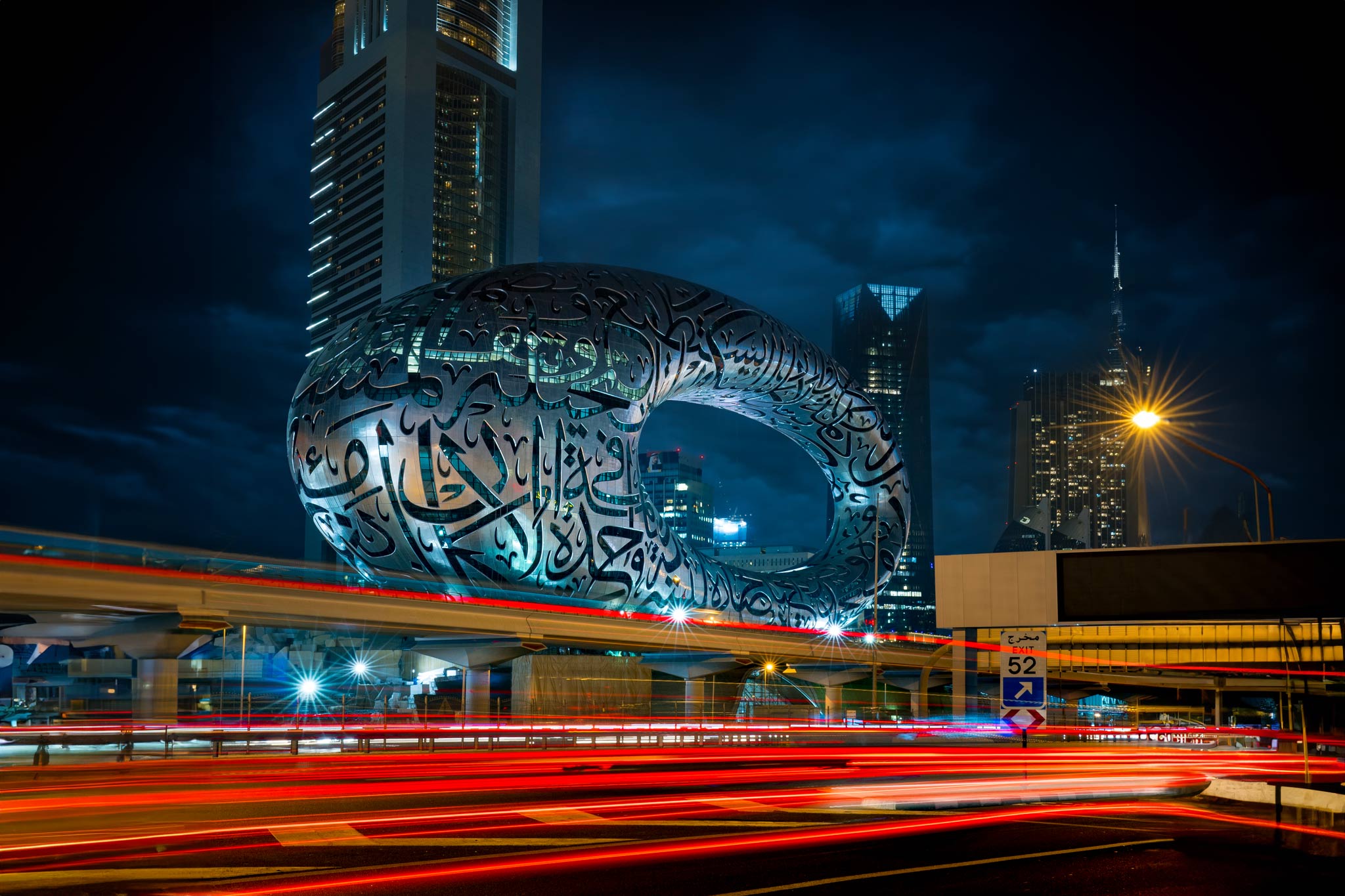The scientific potential of Kraków’s universities can be used to strengthen Kraków’s position as a place for organising congresses, conferences and international artistic events. Paula Fanderowska, Vice President of the board of Kraków 5020, comments on the topic of studying intellectual potential and the importance of cooperation with the academic community in attracting international events to Poland. Below, she shares her thoughts on the importance of human capital.
Acquiring international conferences and congress events is one of the key strategic objectives of Kraków’s sustainable tourism policy adopted by the City Council for 2021–2028. It is necessary in Kraków, as the city is trying to restore its tourism potential, strained by the pandemic and the nearby war in Ukraine.
The scientific potential includes about 12,000 academic teachers (including 794 full professors) educating nearly 130,000 students at 23 universities. However, it needs to be determined how many academics and researchers, working in public and non-public universities, have a tangible impact on attracting prestigious international events to the city.
The strength of Kraków: human capital After Warsaw, Kraków is the best-developed metropolitan city in Poland, with a well-established image and substantial development potential. The destination’s strengths lie in its human capital: academics, university graduates, and specialists in various fields.
The Kraków Convention Bureau, the Kraków Network, the Kraków 5020 company (managing the ICE Kraków Congress Centre) and specialised entities (such as PCOs, DMCs and incentive travel offices) actively organise events. The city also has a well-developed congress and trade fair infrastructure, and rich cultural and recreational offers. And another asset is the city’s location, with air connections to many other international destinations.
“Many scientists, despite their international recognition, are unaware of their power of influence”
Up until the start of the pandemic in March 2020, the overall business events industry was one of the key service sectors of the city. 2019 saw a record number of participants in meetings and events: 1.2 million. More than half of these were conferences and congresses attended by 670,000 dele-gates. But despite Poland’s growing recognisability in organising events for associations and international organisations, Kraków still doesn’t rank very high internationally.
According to the 2019 ICCA Statistics Report, the city ranked 48th in the world ranking of host cities, for example – a list ranking the most important cities in terms of the number of meetings hosted. And in International Convention Destination Competitive Index 2021, a GainingEdge ranking of the competitiveness of congress cities, Kraków ranked 66th worldwide, and 34th in Europe (out of the 101 most important conference destinations). In the GainingEdge Leveraging Intellectual Capital report, which ranks the top 50 global destinations in terms of the number of intellectual leaders and their influence in attracting international events to destinations, Kraków isn’t even mentioned at all. And the impact of domestic decision-makers on attracting congress events to Poland has been estimated at only 37.9 per cent.
Meanwhile, the development of the Kraków conference and congress segment, and the city’s business events sector on a whole, creates an opportunity for the city, threatened with over-tourism, to change the tourism model. This could mean a transition from excessive, and not fully controlled, development to a sustainable tourism model, allowing for a balance between the needs of various interest groups and the protection of existing resources.
Kraków leaders The city has many world-renowned scientists in various fields, such as well-known doctors, architects, economists and engineers. These key players, however, are many times unaware of having great opportunities to attract international events to Kraków.
A preliminary study, carried out by a team from Kraków University of Economics, was conducted to assess the city’s scientific potential in attracting international conferences and congress events. For this purpose, the structure of universities in Kraków was analysed, the fields of science and scientific disciplines with the greatest chances of generating scientific leaders in the meetings industry were identified, the achievements of research and teaching staff were analysed to select key representatives of the fields in which the destination is a vital hub, the number of local leaders active on the boards of international associations was determined, and their potential to attract new association events to the city was assessed. And finally, the potential of the city in terms of individual scientific disciplines and the potential of particular scientific and didactic staff was examined.
The research covered six Kraków universities (five public universities with an academic profile, and one non-public university):
- Jagiellonian University
- Kraków University of Economics
- Hugo Kołłątaj University of -Agriculture in Kraków
- Krzysztof Penderecki Academy of Music in Kraków
- Jan Matejko Academy of Fine Arts
- Andrzej Frycz Modrzewski Kraków University
The study was conducted based on 5,574 records about scientists from Kraków representing 45 disciplines. The academic work allowed the selection of scientific leaders:
- in non-artistic fields and disciplines, with the highest rate of scientific achievements (taking into account the number of citations, the number of publications, and the number of points obtained for publications),
- in artistic fields with the highest rate of artistic achievements (participation in international creative events, number of awards and distinctions received in international artistic events, managing/participating in the jury of international artistic events, organising artistic events, curating exhibitions, participating in a competition jury).
The research identified the top 100 scientists in Kraków (from among the analysed universities), and the following disciplines were most represented in that top 100: medical, biological sciences, chemical, pharmaceutical and physical sciences, and astronomy. The study also identified people with promising potential who may join the group of the best scientists within the next few years.
“The prestige of intellectual leaders in the international arena is built not only through the number of publications and citations but also through their organisational and conference activities”
The prestige of intellectual leaders in the international arena is built not only through the number of publications and citations but also through their organisational and conference activities. After all factors had been taken into consideration, the subjects were divided into four groups: Masters, Sages, Activists and Journeymen.
Twenty-six Masters were selected, including three academics who held positions on the boards of international associations. These Masters are scientists who, due to their scientific achievements and activity in international fora, have the greatest opportunities to attract significant scientific events to Kraków. And they are the ones who should primarily be supported and motivated in the process of obtaining congresses. Additionally, 68 Sages were also selected, consisting of scientists with outstanding scientific achievements but without a declared association.
Building synergies between academia and business Due to the study’s limited scope, it wasn’t possible to examine, or draw conclusions for, the entire academic community of Kraków. That makes it necessary to continue the efforts, and widen the scope, by convincing other local universities to participate in the project, in order to be able to identify more intellectual leaders from all the entities in the city, and to identify which of them are best suited to attract events.
These people are invaluable with regards to building the city’s competitive advantages and increasing the inflow of business events to Kraków. But the Kraków survey conducted by the team from the University of Economics was based on anonymised data. To be able to make full use of the study’s results, it’s therefore necessary to obtain consent from various leaders from the respective universities to declassify their data, to be able to publish their names.
Achieving that, would allow the Kraków Convention Bureau, the Association of Polish Conferences and Congresses (SKKP) and entities associated with the Kraków Network, to reach out to these leaders, directly, and invite them to the Kraków Congress Ambassadors programme. And that is something that would be hugely important, seeing as so many scientists, despite their international recognition, are unaware of their power of influence.
Creating a special programme for potential event ambassadors should primarily aim at promotional and networking activities. Such a programme would enable new partnerships between the world of science and public and private actors, for example: organisers, service providers and subcontractors.
Identifying academic and scientific intellectual leaders is the beginning of an internal city-wide process of building synergy between academia and business.
Paula Fanderowska is Vice President of the Board of Kraków 5020, President of the Board of the Association of Conferences and Congresses in Poland (SKKP) and Vice President of the TUgether Meetings and Events Industry Council.





